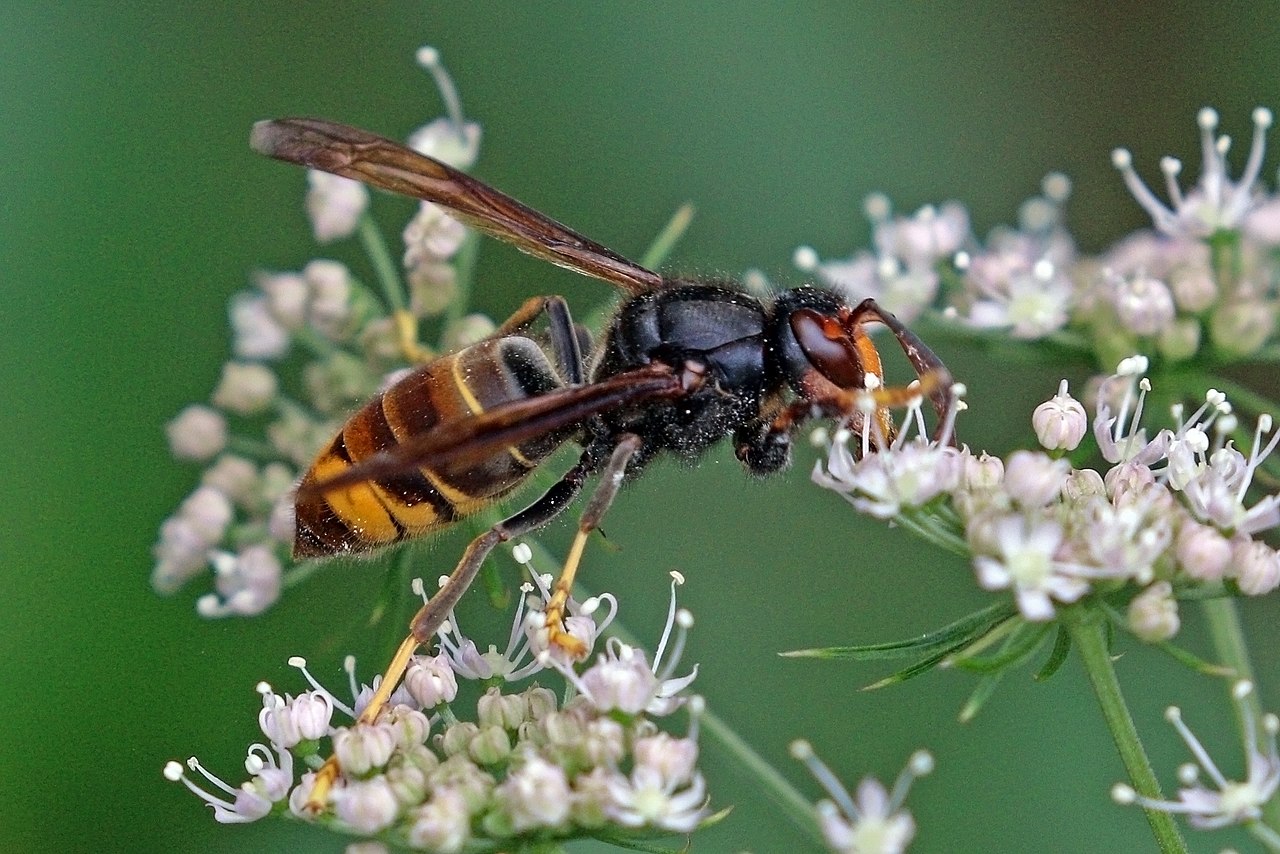By George Stanton, Environmental Correspondent
London, June 4, 2024 — In a surprising development, Asian hornets have managed to survive the harsh UK winter for the first time, according to recent analysis. While this doesn’t necessarily indicate an established population, officials are urging the public to remain vigilant and report any sightings of these invasive insects during the upcoming summer months.
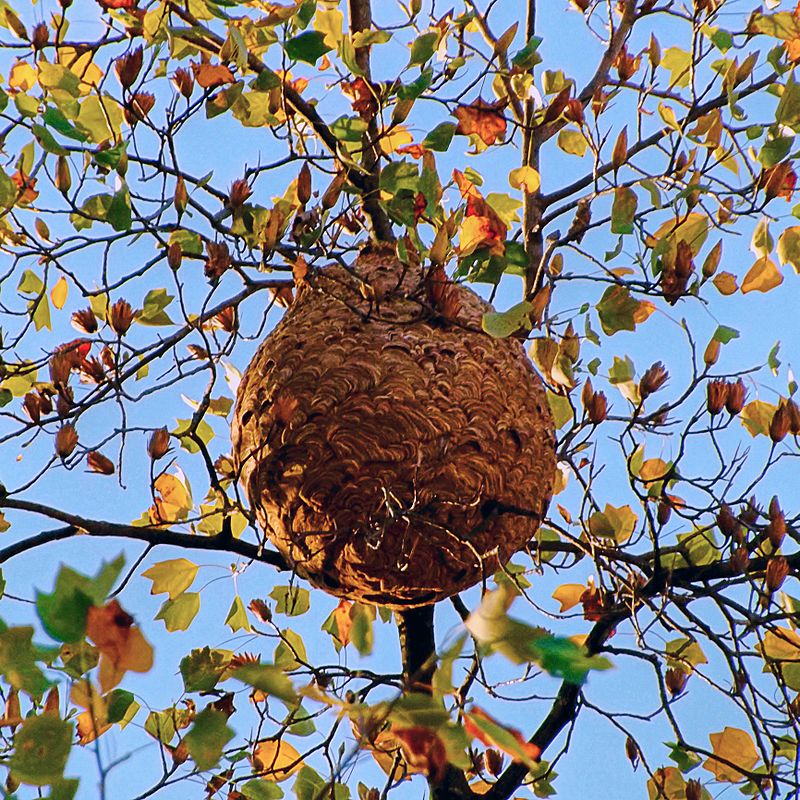
Threat to Pollinators: Asian hornets pose a significant threat to honey bees and other insect pollinators. These voracious predators can consume up to 50 honeybees per day, disrupting local ecosystems and potentially impacting crop pollination. However, it’s important to note that their risk to human health is not greater than that posed by native hornets.
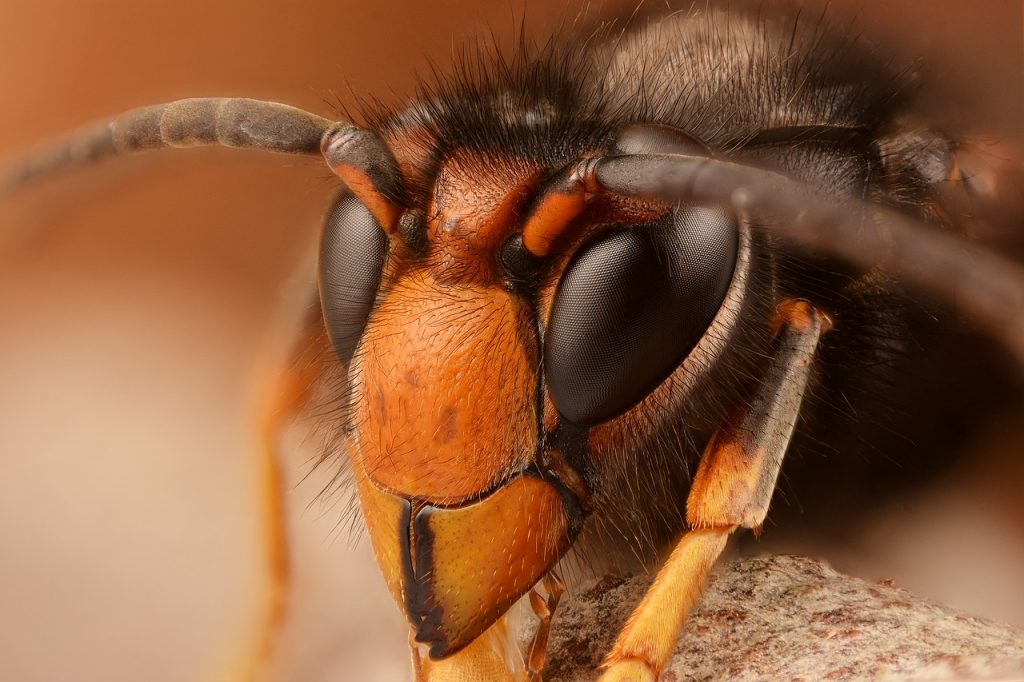
Eradication Efforts: The Department for the Environment, Food and Rural Affairs (DEFRA) emphasizes the importance of early trapping efforts. Trapping is considered fundamental to eradication, preventing the establishment of a permanent population. Citizens are encouraged to report any sightings promptly to aid in monitoring and control measures.
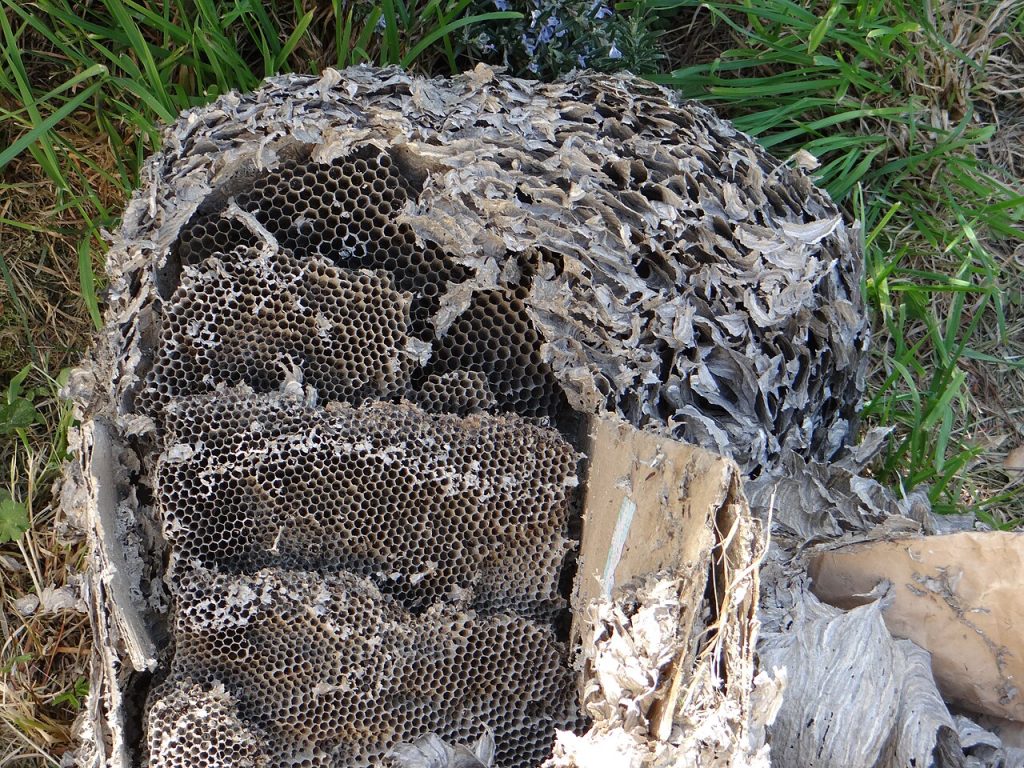
Climate Change and Invasive Species: Recent flooding and warming temperatures have contributed to an increased risk of invasive non-native species spreading in the UK. The Wildlife and Countryside Link, a network representing 83 nature organizations, highlights the urgency of addressing this issue. As climate patterns shift, the risk of problem species gaining a foothold grows, potentially disrupting local ecosystems and threatening native wildlife.
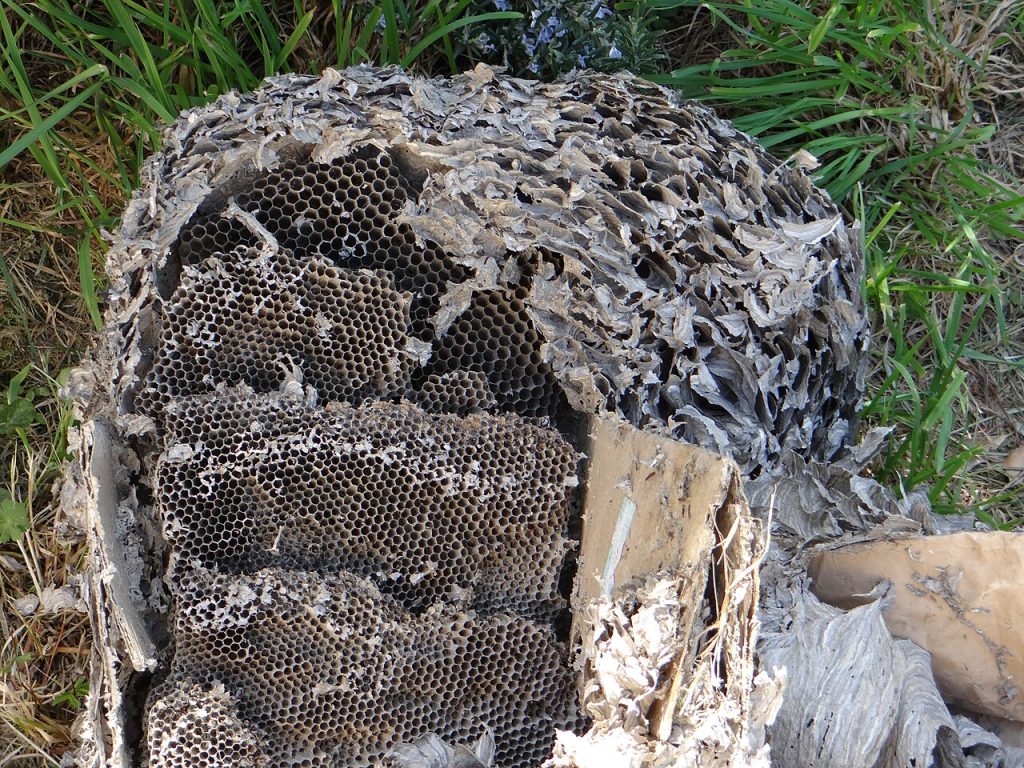
Public Awareness Campaign: To raise awareness, DEFRA plans to launch a public awareness campaign. The campaign will educate citizens about Asian hornets, their appearance, and the importance of reporting sightings. Early detection is crucial for effective management and preventing further spread.
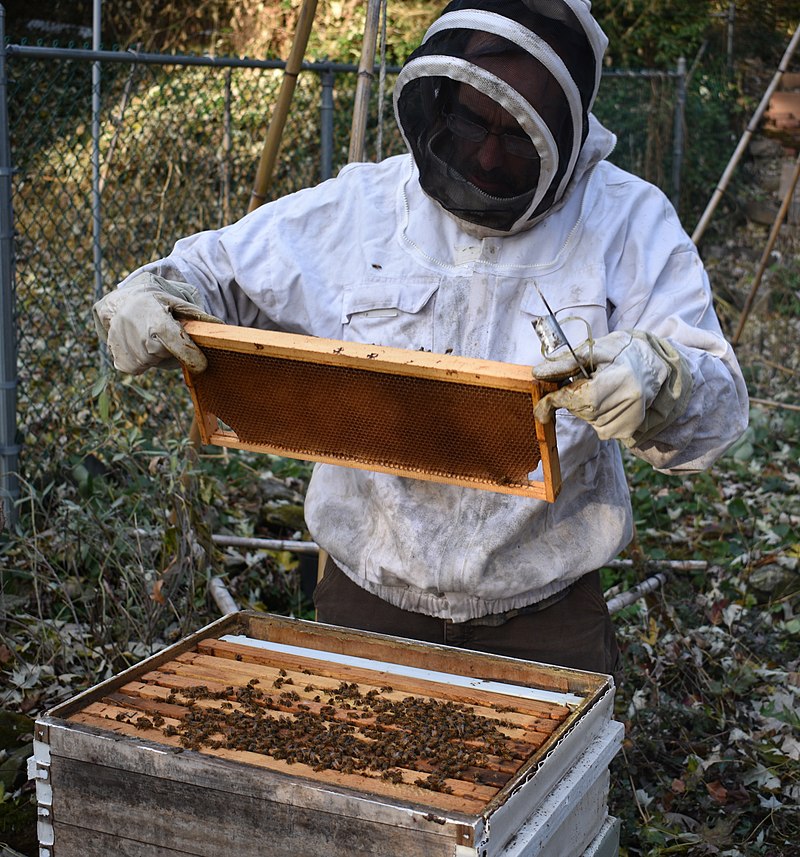
Beekeepers on High Alert: Beekeepers across the country are on high alert. Asian hornets can devastate honey bee colonies, affecting honey production and overall hive health. Beekeeping associations are collaborating with authorities to monitor and respond swiftly to any signs of infestation.
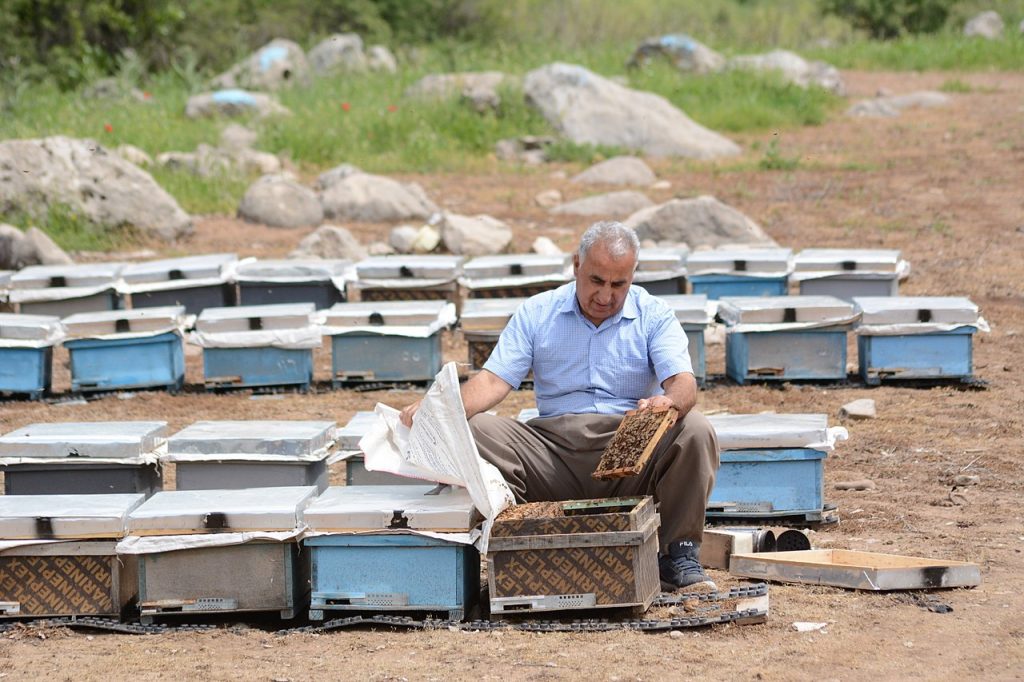
While eradication efforts are essential, conservationists also emphasize the need to protect native pollinators. Striking a balance between controlling invasive species and safeguarding local ecosystems remains a challenge.
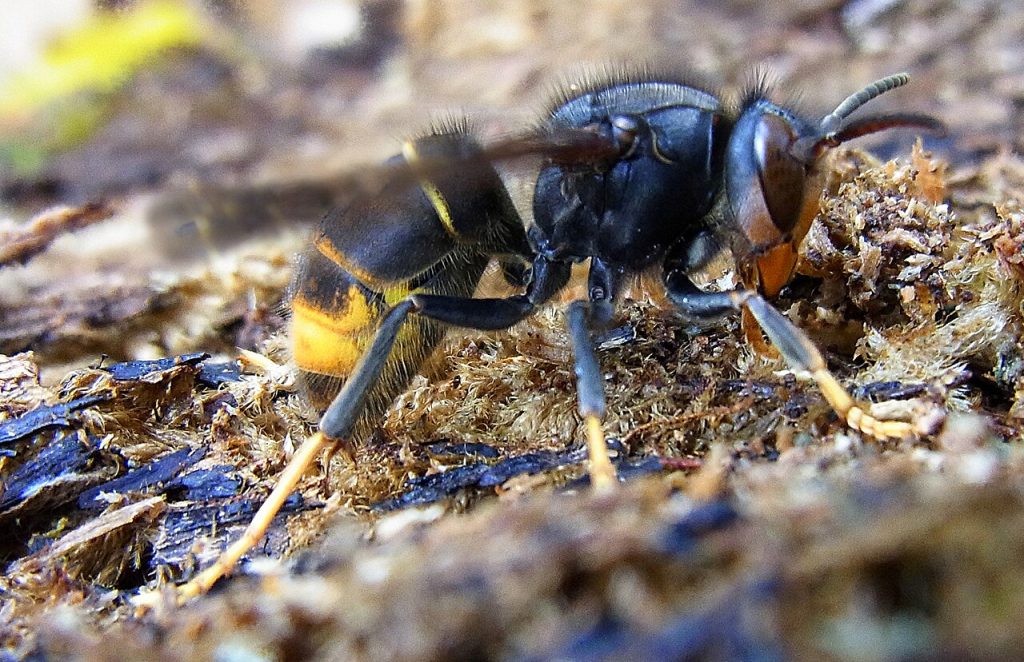
Citizen Scientists Unite: Citizen scientists play a crucial role in monitoring invasive species. By participating in reporting efforts, individuals contribute to safeguarding biodiversity and maintaining ecological balance.
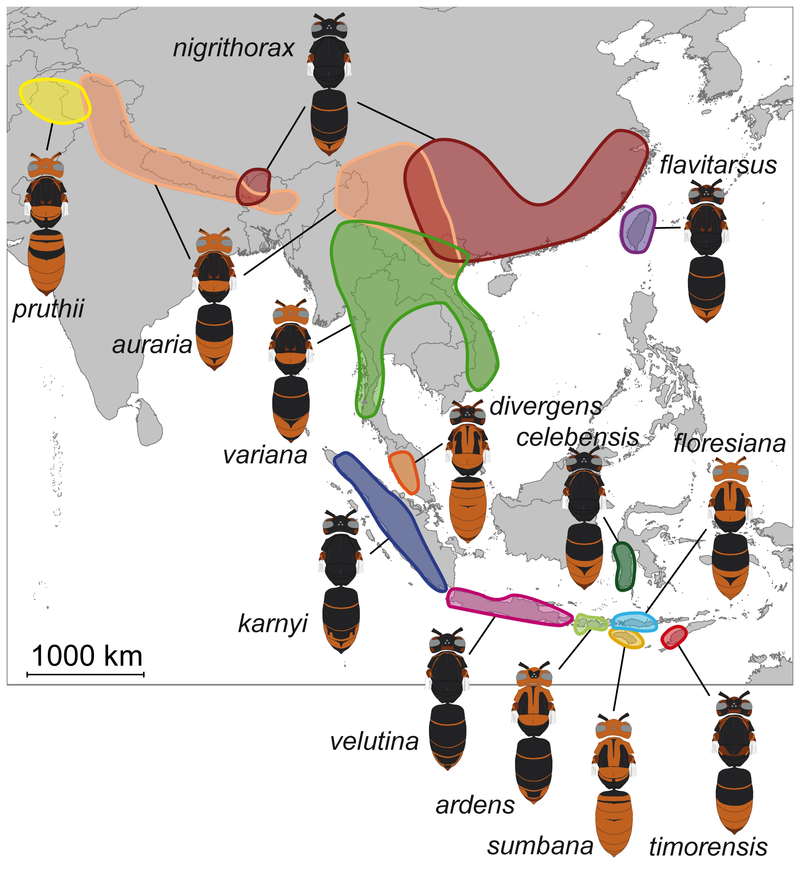
As summer approaches, the battle against Asian hornets intensifies. Public vigilance, early reporting, and coordinated efforts are our best weapons in preventing their establishment.
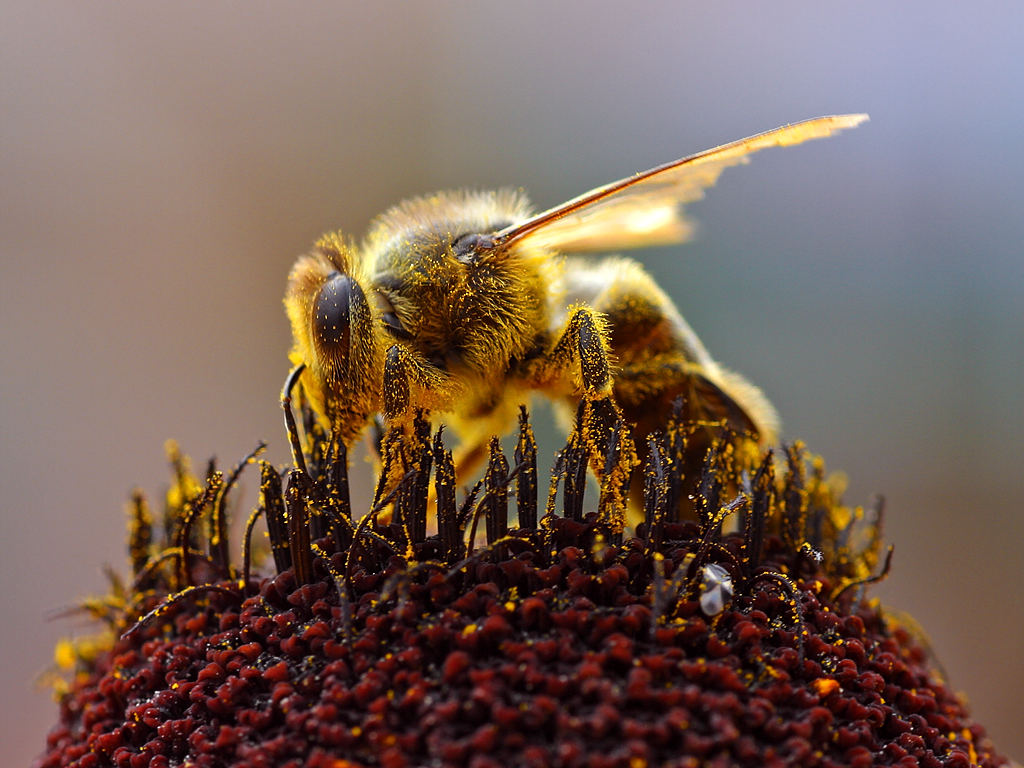
Let’s protect our pollinators and preserve the delicate web of life that sustains us all.

